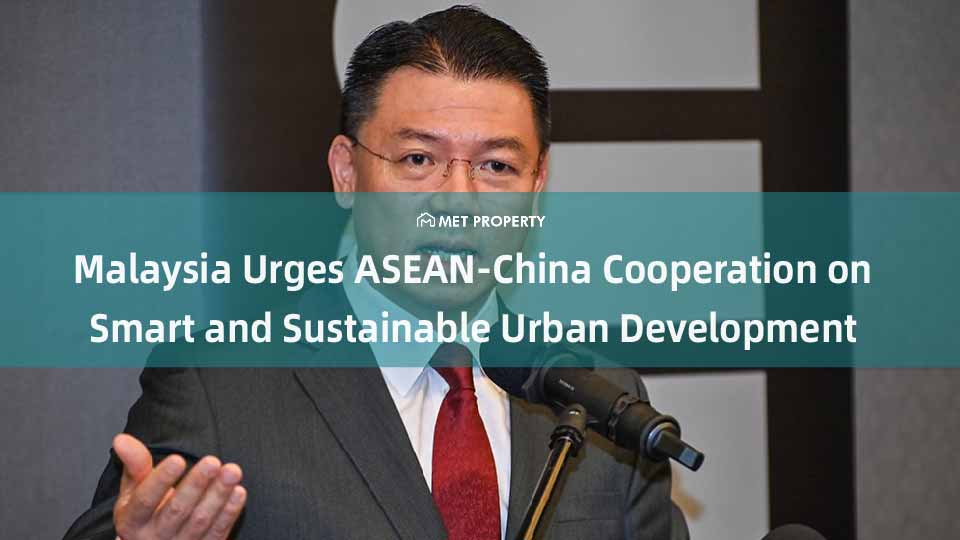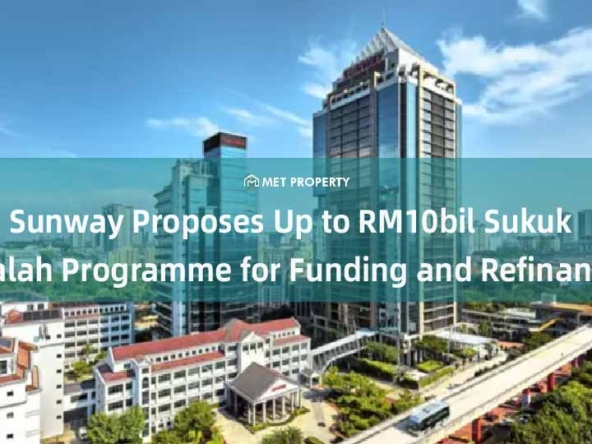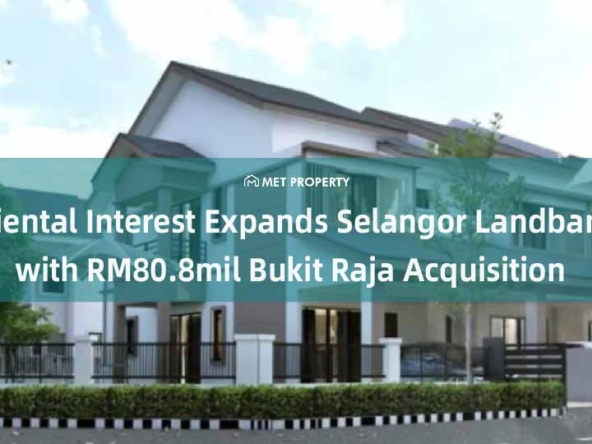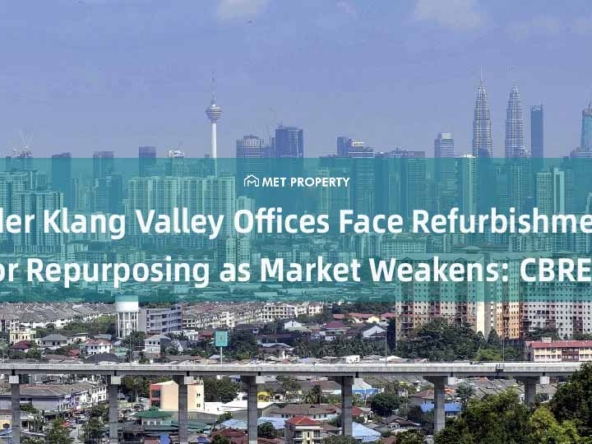“Malaysia’s Nga Kor Ming urges ASEAN-China to boost sustainable urban development by combining digital innovation with cultural preservation.”
Kuala Lumpur, 17th September 2025, 01.40pm – Housing and Local Government Minister Nga Kor Ming has called for deeper collaboration between ASEAN and China to advance sustainable urban development by merging digital innovation with cultural preservation.
Speaking at the ASEAN-China Ministerial Roundtable on Construction 2025 in Guilin, China, Nga, who also serves as president of the UN-Habitat Assembly, warned that the region’s surging urban population will place greater pressure on housing, transport, and infrastructure. Without proactive measures, he cautioned, this could strain resources and widen social inequalities.
“With crisis comes opportunity. This is our chance to position ourselves as a global leader in building cities that are smart, inclusive, and climate-conscious,” Nga said in a statement issued by the ministry on Monday.
He urged the region to pursue high-quality development that balances modernisation with cultural identity. “Together, let us build cities that are not only digitally enabled but also culturally rich. Our national experience proves that cultural heritage and progress can coexist, thanks to Malaysia’s unique tapestry woven from many threads of culture, faith, and tradition.”
Citing Malaysia’s experience, Nga highlighted how the country’s architectural legacy—from traditional Rumah Melayu wooden houses to the shophouses of George Town and Melaka—reflects the soul of its people while coexisting with modern growth.
Nga also pointed to Malaysia’s advances in digital construction. He said the adoption of Industrialised Building Systems (IBS) has shortened construction timelines, improved quality, and reduced on-site waste in public housing projects. Similarly, Building Information Modelling (BIM) has improved design and project management by reducing errors and enhancing coordination.
The minister added that Malaysia is exploring new technologies such as drones, modular construction, and digital project management tools to further boost safety, efficiency, and sustainability in the construction sector.




